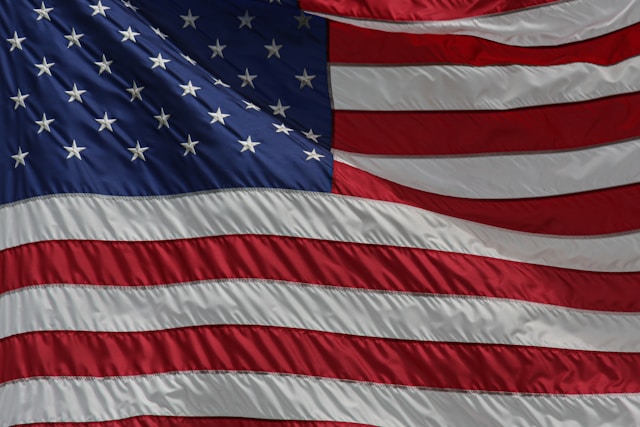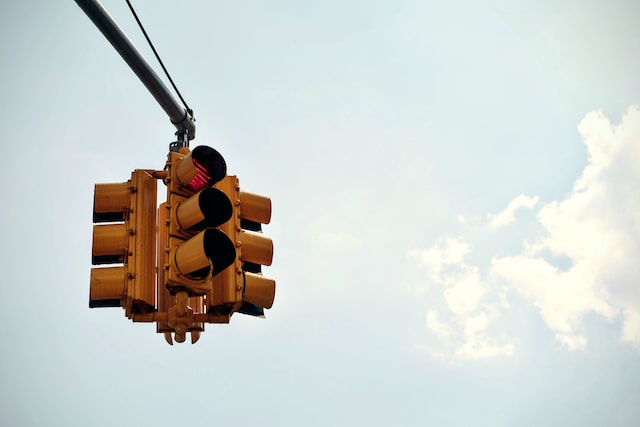There’s no shortage of media coverage on delta-8 THC. Although most hemp fans are familiar with this slightly psychoactive compound, new consumers have a few questions about where delta 8 comes from. Most significantly, consumers want to know whether delta-8 is natural to the hemp plant or if it’s a lab-made cannabinoid.
Interestingly, it’s difficult to say whether today’s Delta-8 extracts are synthetic or natural. Hopefully, the info below will help clarify why it’s so tricky to classify this cannabinoid.
So, Can You Find Delta-8 THC In Hemp Flowers?
First off, customers should know that delta-8 THC is a natural part of most hemp flowers. While different strains may have different concentrations of delta-8 THC, it is a natural part of hemp’s chemical composition.
The issue is that delta-8 THC only accounts for about ≤ 1 percent of a hemp strain’s total cannabinoid count. Although some farmers are experimenting with breeding unique delta-8 strains, research into this field is in its infancy. The hemp flowers on today’s market will often have the highest concentration of the non-psychoactive cannabinoid CBD.
So, although delta-8 exists in hemp strains, it’s one of the least abundant secondary cannabinoids.
How Do Hemp Manufacturers Make Delta-8 Extracts?
Companies could use raw hemp flowers to make delta-8 THC products, but most don’t. Why? Well, since there’s so little delta-8 THC in hemp, it doesn’t make sense from a cost perspective. It takes loads of hemp flowers to make a few milliliters of pure delta-8 extract. Not only is this method impractical, it would make delta-8 oils ridiculously expensive.
To overcome this issue, most manufacturers manipulate hemp-derived CBD to create delta-8 molecules. Because CBD and delta-8 share a similar molecular structure, it’s not difficult for trained technicians to make affordable delta-8 products.
It’s this “CBD transformation process” that makes some people claim delta-8 products are “synthetic.” On one level, this is true: Manufacturers are using solvents to create delta-8 in a lab. However, please remember that the delta-8 researchers are making didn’t originate in a lab setting. You could still find delta-8 naturally in the hemp plant. The same can’t be said about other lab-created cannabinoids like THC-O.
There’s no easy way to say whether today’s delta-8 products are “all-natural” or “synthetic.” Often, lawmakers against delta-8 THC use the synthetic argument to claim delta-8 shouldn’t be separated from delta-9 THC. A few states already have bans on delta-8 products for this very reason.
Even if delta-8 companies used hemp-derived CBD to make their products, consumers need to review their local hemp restrictions. Yes, delta-8 is technically legal under the 2018 US Farm Bill, but states can craft unique restrictions on delta-8 THC.
Does Synthetic Delta-8 Meet Your Standards? Check Our Real Tested CBD’s Guides!
Considering all the conflicting coverage on delta-8 THC extracts, it’s no wonder people express confusion around this cannabinoid. To help consumers make an informed purchase, Real Tested CBD recently decided to screen all of the most prominent delta-8 brands. On our website, you’ll find countless unbiased reviews of delta-8 THC tinctures, gummies, and vape carts.
You can find out more about the most reputable delta-8 brands in the industry on this link.
Most Recent Tested products

















Leave a Comment